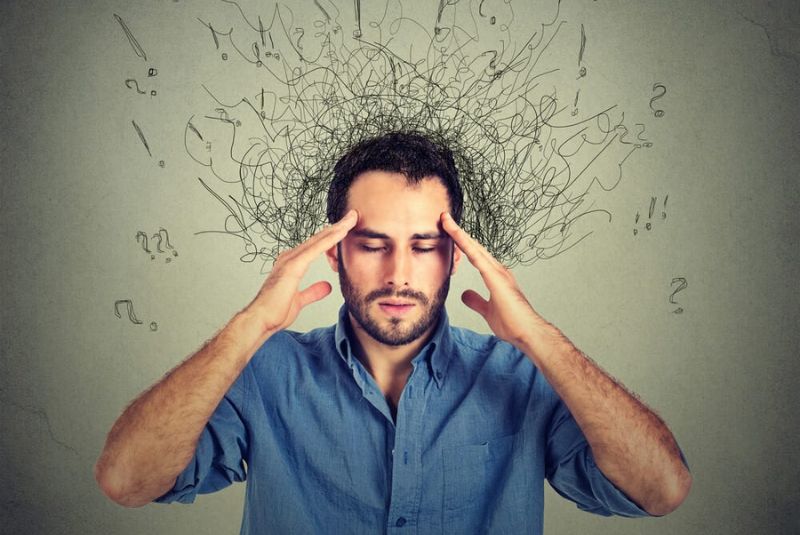The Intricate Connection Between Mental Health and Stress | Navigating the Mind
In the fast-paced modern world, the intricate dance of mental health and stress unfolds on a daily basis, impacting every facet of our lives. The relationship between these two forces is profound, with stress often acting as both a catalyst and a consequence of mental health challenges. This article delves into the complex interplay between mental health and stress, exploring their effects, causes, and strategies to foster well-being in an increasingly demanding world.
Understanding Mental Health
a. Mental Well-being:
Mental health encompasses emotional, psychological, and social well-being. It influences how we think, feel, and interact with the world around us.
b. Common Mental Health Concerns:
Conditions like anxiety, depression, and mood disorders are prevalent and can significantly impact quality of life.
The Stress Paradox
a. Stress as a Catalyst:
Stress can trigger or exacerbate mental health issues, with prolonged or intense stress contributing to conditions such as anxiety and depression.
b. Stress as a Consequence:
Conversely, existing mental health challenges can make individuals more susceptible to stress and its adverse effects.
The Physiology of Stress
a. The Stress Response:
When faced with a perceived threat, the body’s stress response is triggered, releasing hormones like cortisol and adrenaline. In moderation, this response is adaptive, but chronic stress can lead to physiological and psychological disruptions.
b. Impact on Mental Health:
Prolonged stress can disrupt neurochemical balance, affect mood-regulating neurotransmitters, and contribute to the development of mental health disorders.
The Vicious Cycle: Mental Health and Stress
a. Bi-directional Relationship:
Mental health and stress often create a cyclical pattern, where poor mental health increases susceptibility to stress, and stress exacerbates mental health challenges.
b. Coping Mechanisms:
Individuals with compromised mental health may adopt maladaptive coping strategies, such as substance use or social isolation, further fueling the cycle.
Strategies for Fostering Mental Health and Managing Stress
a. Seeking Support:
Opening up to friends, family, or mental health professionals can provide a supportive space to express feelings and receive guidance.
b. Mindfulness and Meditation:
Practicing mindfulness and meditation techniques can help manage stress, improve self-awareness, and enhance emotional regulation.
c. Physical Activity:
Regular exercise is linked to improved mental health and stress reduction, as it stimulates the release of endorphins and promotes overall well-being.
d. Healthy Lifestyle:
Prioritizing proper nutrition, adequate sleep, and engaging in activities that bring joy contribute to mental resilience.
e. Professional Help:
In cases of severe stress or mental health conditions, seeking professional help, such as therapy or counseling, can provide effective tools for coping and recovery.
Breaking the Cycle: Nurturing a Positive Feedback Loop
a. Awareness and Recognition:
Recognizing the signs of stress and mental health challenges is the first step towards breaking the cycle.
b. Proactive Self-Care:
Prioritizing self-care and adopting healthy coping strategies can prevent the escalation of stress and mental health issues.
c. Building Resilience:
Cultivating emotional resilience and adaptive coping mechanisms empowers individuals to manage stress more effectively and protect their mental well-being.
The intricate dance between mental health and stress is a central narrative of the human experience. By understanding the complex interplay between these forces and adopting strategies to foster mental well-being, individuals can break the cycle of stress and mental health challenges. Through a blend of self-awareness, support, and proactive care, individuals can navigate the labyrinth of modern life with a greater sense of balance, resilience, and emotional equilibrium.

